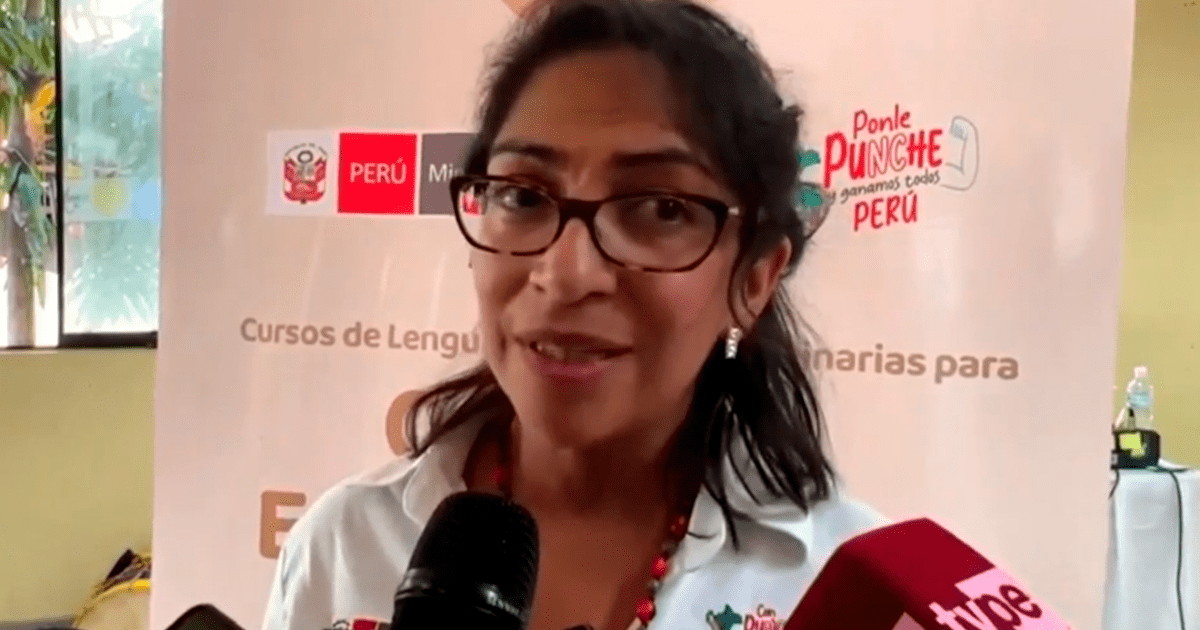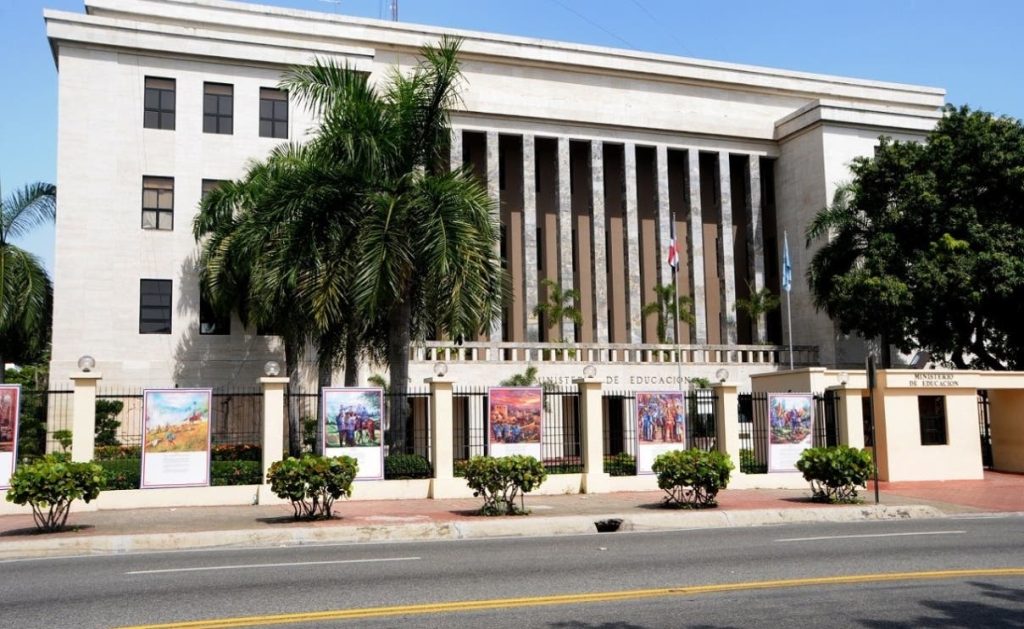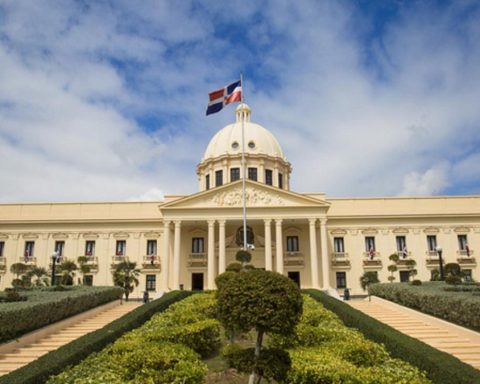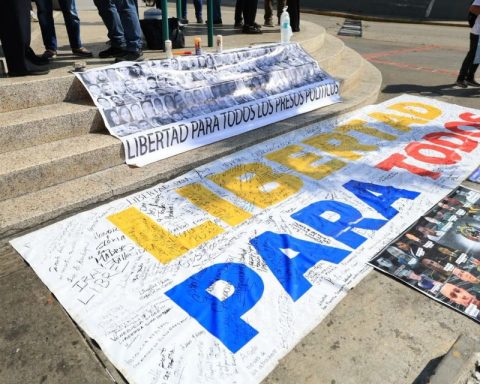Fulfilling her agenda, the Minister of Culture, Leslie Urteagaattended the National Grand Theatre to give a speech within the framework of the Lima Film Festival. However, His presentation was drowned out by boos from those present.who were calling for it to be removed.
Faced with this, the head of the cabinet minimized the events and initially indicated that she “had no knowledge of what had happened,” but after the press insisted, she pointed out that Peru “is a democratic State,” so she called for calm and assured that she was always available to talk.
Culture Minister booed at Lima Film Festival
During the opening of the Lima Film Festival, Culture Minister Leslie Urteaga was invited to give an opening speech, but she did not expect to be booed by those present and asked to leave. Despite this, the minister raised her voice and exclaimed: “Good evening, with all due respect, I ask you to let me finish my speech.”
However, the shouts and complaints continued until she finished her speech and came down the steps from the platform. Phrases such as “hypocrite” and “liar” were heard in the context of the rejection of the new modification to the Film Law.
Why is the Minister of Culture rejected by the population?
The rejection of Leslie Urtega is because he did not defend Peruvian cinema in the face of the modification to the film law, promoted by Congresswoman Adriana Tudela of the Avanza País party, which seeks to regulate DAFO financing for Peruvian films whose narrative covers human rights violations during the era of political violence (1980 – 2000) and also, limit the budget for auteur, regional and indigenous cinema.
According to film director Joel Calero, Tudela’s proposal would be based on false statements to propose the rule: “It is radically false that the current law finances 100% of the projects. First because it is a fixed amount and the percentage depends on how expensive the project is. The correct thing is that those S/675,000 that DAFO contributes usually equal between 60% and 80% of the project.”
On the other hand, he adds that the current film law is the product of 3 years of discussions between film groups and the State, and was even approved by Congress with a 73% majority of Fuerza Popular, in 2019. Very different from the new proposal of Tudela, in which Calero points out that their opinion has not been asked.

















